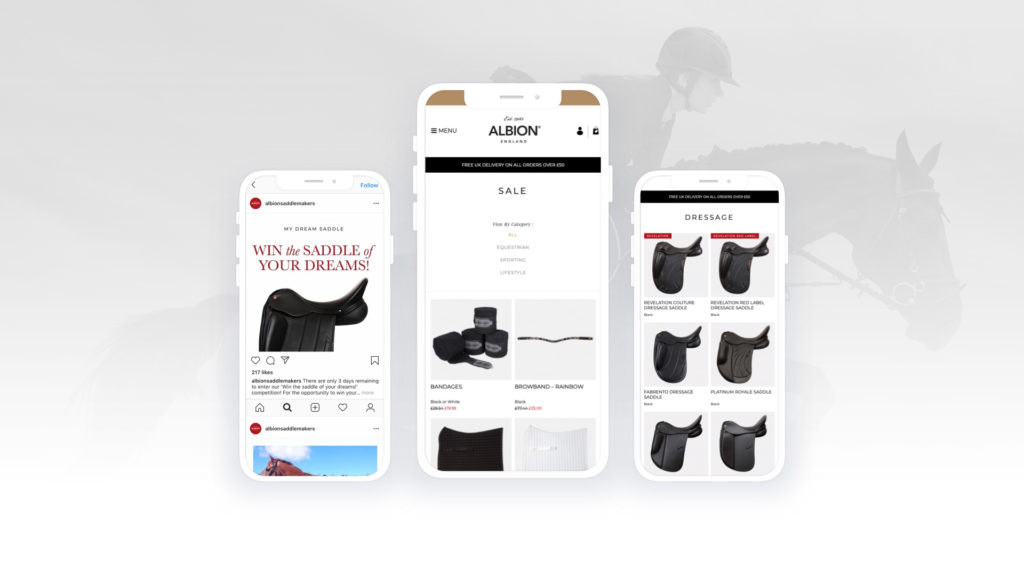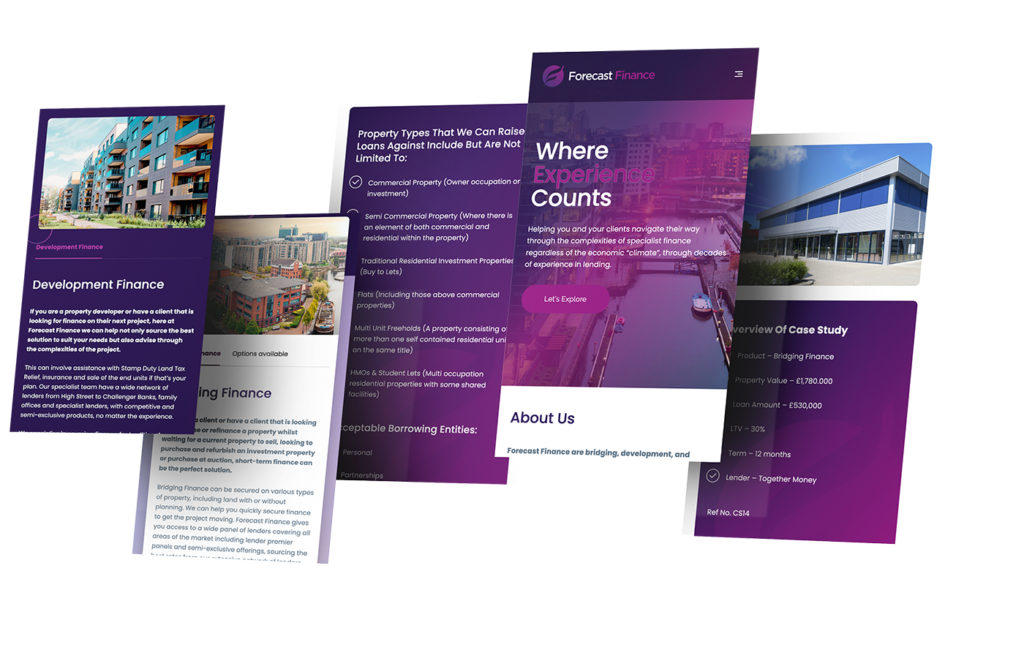Throughout 2023 there have been many changes to SEO. In this blog we will cover:
Over the past year, the SEO industry has also had to deal with huge advancements in technology like AI writing, voice searches, and new Google Analytics software.
Here’s your comprehensive roundup of all things SEO that have developed throughout 2023!
AI LEARNING AND CONTENT CREATION
One of the big talking points throughout the year has been the rapid development and deployment of AI tools. AI is now used in a variety of ways throughout digital marketing to help support content creation and SEO optimisation.
By using accurate prompts and keywords, digital marketers can produce a rough draft of blogs, webpages, and more in minutes. Although content will need to be tailored and adjusted to ensure maximum effectiveness, this new content production method helps to streamline workflows and create more efficient working practices.
Additionally, AI and chatbots, like Chat GPT, are increasingly being used like a search engine, providing answers to users directly using content found on the internet.
This technology means users get the answers they need to their question quickly, and helps companies gather more interactions since their content is being used and cited as a source.
However, AI being to both produce content and answer questions cannot fact-check its own sources and may occasionally provide false or misleading information, which is why a copywriter should do their due diligence while utilising this technology. AI technology is also constantly developing which means it is difficult to make predictions of how we can expect its use to develop throughout 2024.
THE EVER-EVOLVING GOOGLE ALGORITHM
As a result of the explosion in AI content popularity, Google, Bing, and other search engines need to adapt their algorithm accordingly. While AI can be used effectively in marketing, it is also used maliciously to spam or duplicate content.
Search engines need to strike a healthy balance between the promotion of genuine, human-edited content and the suppression of unedited, potentially malicious, and spam-focused AI content.
By following Google’s own Search Quality Evaluator Guidelines, content should be evaluated through an EEAT lens, which tests the Experience, Expertise, Authoritativeness, and Trustworthiness of a source and its copy. These guidelines help to support and promote copy that is organically written or edited over those that aren’t or don’t offer as much value.
Many search engines are also creating their own AI chatbots to rival those already developed, and to help point users in the right direction and provide answers from blogs and articles that are highly rated in their own search algorithms.
This year, Google is planning to introduce a new approach, Search Generative Experience (SGE). This is an experience which uses AI to provide users with clear overviews of topics without needing to click on individual webpages.
VOICE SEARCH HAS CHANGED SEO NORMS
One thing that has had to change the approach many digital marketers take when producing content is the rapid rise of voice search. This has come from the more widespread adoption of home assistants like Alexa, the improved quality of mobile assistants like Siri or Bixby, and even smart TVs.
Simply asking a question or speaking into the Google app is quicker than manually typing out a search query, but people speak in a very different way to how they write, and that means adapting your content accordingly.
Adept search engine users can probably find what they’re looking for with just a three-word query, whereas a voice search query is more likely to be a full question, for example:
“Alexa: what is the weather forecast going to be for the next week?”
VISUAL SEARCHES ARE ALSO INCREASING IN FREQUENCY
Did you know you can search Google and other search engines with images? An alternative to text-based searches, visual searches let you find information using nothing but a picture through the Google Lens app or reverse image searching.
These can help users search for similar images, find out information about objects or landmarks within images, or even find products and goods that match something they’ve found or own.
This means marketers now rely on and prioritise the quality and representativeness of images they use in their materials and suitable alt text to accompany them, to increase their chances of being similar to any images searched in that way.
VIDEO SEO AND SOCIAL MEDIA
According to data from Semrush, YouTube, Facebook, and X (formerly Twitter) were the second, third, and fourth most visited websites respectively in November 2023. Instagram, Reddit, and TikTok also ranked in the top 15.
This goes to show the impact and influence of social media and video SEO, with videos being watched more than ever on a daily basis.
Search engines tend to prioritise those surrounded by optimised copy, accurate closed captions, relevant tags, and chapters, and you will find marketers encouraging the use of video more and more commonly.
GOOGLE SEO UPDATES AND THE USER EXPERIENCE
Google is constantly analysing the user experience of websites through “Core Web Updates.” These consider the loading time, optimisation of images, text and image sizes, internal linking, and more to determine how easy and user friendly your website is to use.
The better the rating for usability, the more your website could benefit from increased visibility from SERP features. This is why having an expertly developed and optimised website can help to compliment an effective SEO strategy and increase impressions.
In 2024, additional metrics will be introduced to these Core Web Updates, including “Interaction to Next Paint” measurements which measure how quickly your website responds to user feedback.
THE OFFICIAL END OF UNIVERSAL ANALYTICS
One of the most important changes was the official deprecation of Universal Analytics. GA4, a more streamlined and comprehensive platform for data collection and analysis became the primary system.
GA4 provides users and marketers with valuable data that can be used to inform business and marketing decisions based on user behaviour, goal tracking, and much more. This allows marketers to benefit from a range of tracking metrics, data reporting tools, and functionalities to help with their SEO processes.
Key to note, however, is that any data collected using the previous iterations of Google Analytics will be lost in 2024, with its replacement being the sole source of data collection.
WORK WITH US TO KEEP YOUR SEO AND GOOGLE STRATEGIES UP TO DATE
Navigating the complexities of SEO without a specialist team can be hard work, and you may never see the fruits of your labour. That’s why it’s crucial to work with a dedicated marketing and SEO agency, like EDGE Creative, who can work with you to provide a clear and efficient strategy.
Our team of specialist content writers, web developers, graphic designers, and SEO specialists will help pull together a comprehensive marketing approach that combines all aspects of our experience.
Get in touch today to find out what we could do for you. Give our office a call on 0121 355 8092 or email info@edge-creative.com to find out more information!





















